How we can enhance creativity by deschooling education

Of the very few things I always carry along, Rubik’s cube is one. If you are my friend, you most probably know it. This obsession with the cube started a couple of years back. I remember one of the evenings during my college when I was with one of my friends named Joshua. We were generally chatting about life and things that come along with it.
Joshua had these fascinating toys with different colors, dimensions, and shapes. I was a person who thought that one had to be a prodigy to solve a Rubik’s cube. My friend told me that it was an easy task and offered to teach me. The super excited me was at the most curious stage and picked up the steps quickly. After the first tutorial, Joshua asked me to check out some videos on YouTube and practice them. I borrowed his cube and spent two nights practicing those steps. Yaay! I can now solve a cube in less than a minute.
From then, till now, I carry it along with me wherever I go. I feel that it is fun to play with and also helps me keep my phone away. I have practiced it to the extent that I could solve it without looking at the cube continuously. For a reasonable amount of time, I thought that I was smart in knowing how to solve the cube, but it didn’t last for long.
Being a chai lover, I had always hated the machine-prepared chai because I always felt it missed something. The chai’s taste lies in the secret proportions of its ingredients, boiling it for the appropriate amount of time, and some added love from the person preparing that chai. Machines always fail at it.
Suddenly, for some weird reason, I thought that I was solving the cube in the same way that the machine was preparing coffee. Five steps- for solving the cube and making the coffee; all defined and structured; follow the steps, and one gets the perfect result. I realized that I was following a few instructions to put the colors together and was not really ‘solving the cube.’
Formats of thinking
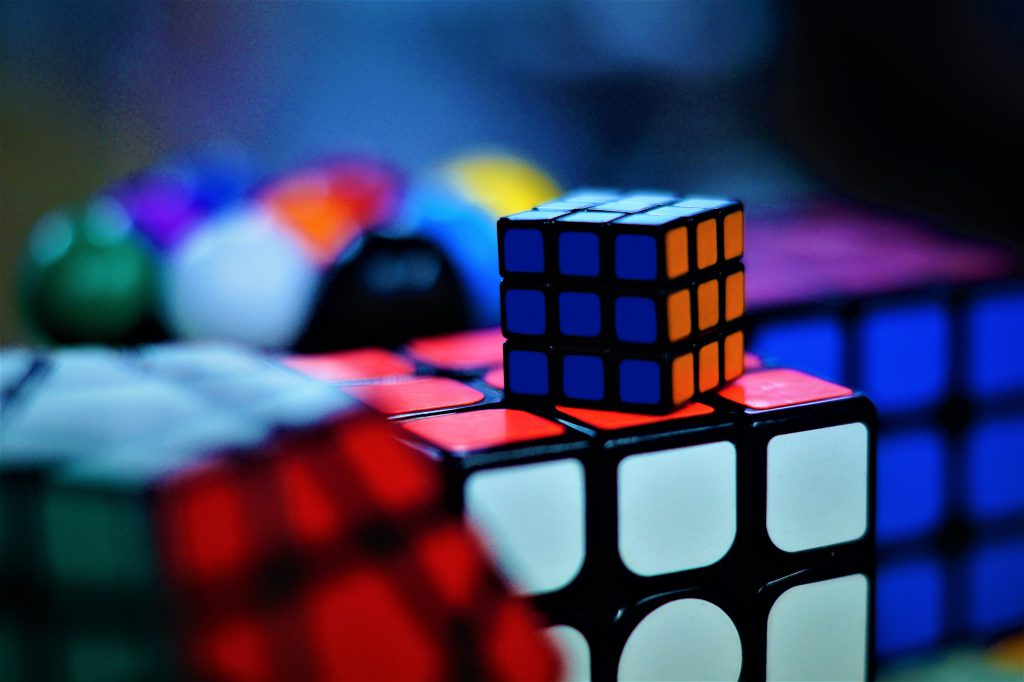
My experiences could be related to several other things that we do in our day-to-day life. We are taught a solution, and we all follow it blindly, without any questions. By giving a structure to the cube, I fenced my creative thoughts and followed the instructions. This is what Marcelo Dascal calls the ‘colonization of mind’. This was my first shocking realization of letting modern education win over my creativity.
Similarly, when you look around, you would find several such examples of modern education, restricting your thoughts and creativity. Stop reading now! Look around, and I’m sure that you will find something. If you did this just now, then you just followed another instruction. All of us are instructing and following instructions every minute – irrespective of how we feel about it.
One thing that we can think of is the whole education system (read western education) that we follow.
It has laid down a set of instructions to become an engineer or any profession for that matter – that is uniform and clearly defined. If one does not follow this, then they are usually not respected. I remember those days of march-past and drill during the ‘Sports day’ – anyone who did not follow the instructions was punished. The list goes on, and we can add almost everything of our life’s events to this list.
One might question, then how had there been innovations in the country, if the above statement was true. The answer to that might be if there had not been this issue, then we would have had a higher number of innovations. However, the problem is not just the imposition of modern education but also the cultural practices that are long forgotten.
I belong to a community called ‘Badugas,’ and we predominantly live in the Nilgiris district of Tamil Nadu. We have our language, script, cultural practices, dance form, etc. However depressed I feel, my nerves can feel those beats when I hear a Baduga song. My legs start to tap the floor, and my heads nod according to the rhythm of the song. In no time, I start singing the lyrics that I almost wholly know for most of the songs and begin dancing for it. In fifteen minutes or so, my sadness would flow out through my sweat.
That’s how therapeutic cultural practices and traditions could be. For every individual, the practices of their community are the core aspects of a happy and sustainable life. I am sure that you can think of many other such cultural practices. However, modern education wipes them all out. We don’t think of ourselves through culture. But we all like it when we go back to our roots during vacation; we cherish the culture for a brief period. Unfortunately, we feel inferior, most of the time, to use our cultural practices in the place where we live – mostly in cities.
Schooling education
“Today, several initiatives by organizations to change education are somehow still following the western education forms that are catered towards urban consumer culture” (documentary ‘Schooling the World’). It is important to dig deeper into our culture and understand what builds resilience in us; how can we be compassionate and kind to people; how can cooperation start from home to teach children today. Students in urban areas are mostly unaware of the different cultural practices that their grandparents or parents followed. They are being wired to become a product for the ‘urban consumer culture,’ and they are taught to disrespect their cultural practices.
There is a school of thought that made education mandatory for everyone and believed that education has the power to bring people out of poverty. Maybe education is important, but who decides which is the right form of education? As Gandhi said, western education and teaching in English are not the only ones going to help in the development of the country.
One size does not fit all: We can’t have creative solutions when children are going to study the same book in all parts of the country.
Our diverse cultural practices can have some brilliant solutions for a lot of problems that we face today. From education to food storage, our cultural practices have some intelligent solutions. What is essential is to understand how can these be transferred to the current generation in schools.
If you know how cultural or indigenous ways can be used to teach children today, then write them in the comments or mail them to [email protected]
Featured Photo by Chelsea Aaron on Unsplash
Gokul Kumar is the co-founder of ‘The Infinite Mind’, a non profit based out of Delhi
This article was originally published on The Opinion


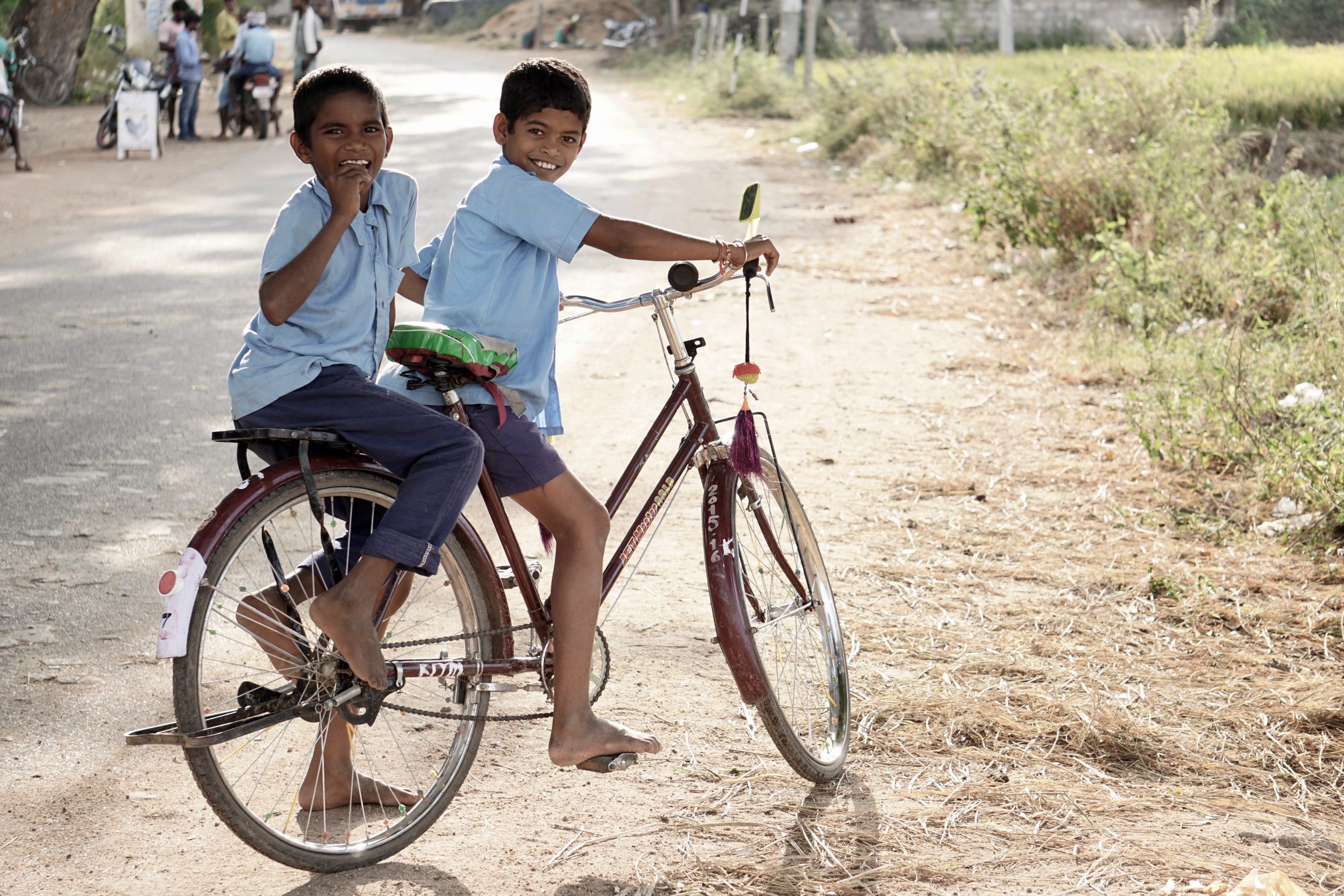
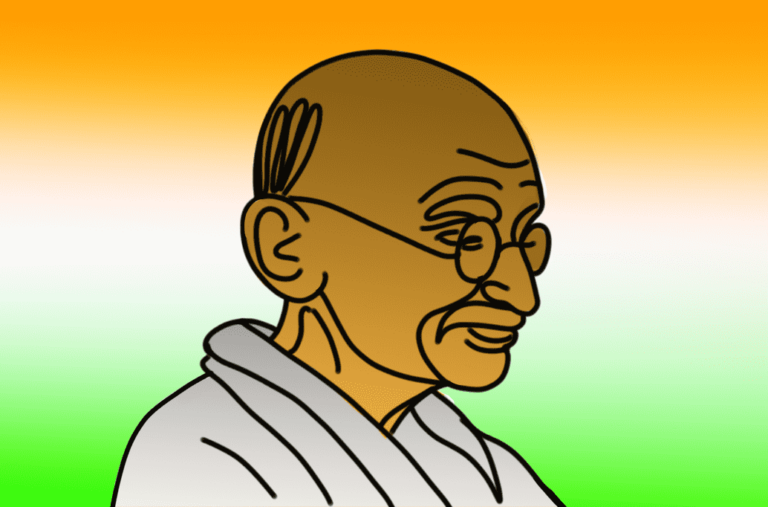
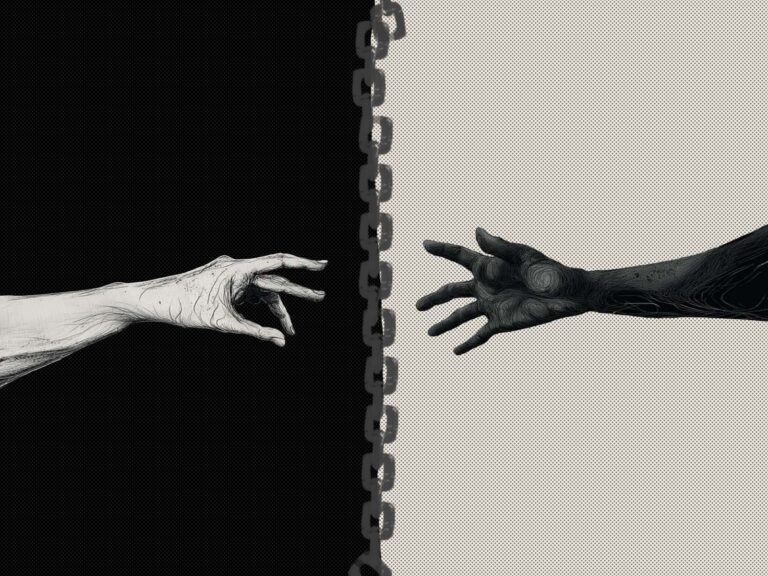
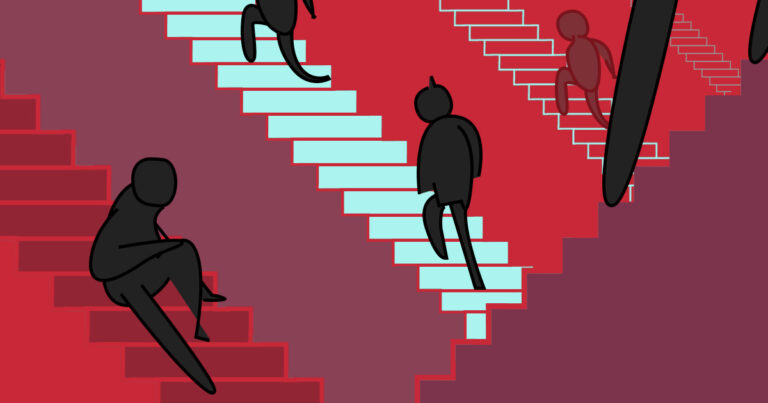
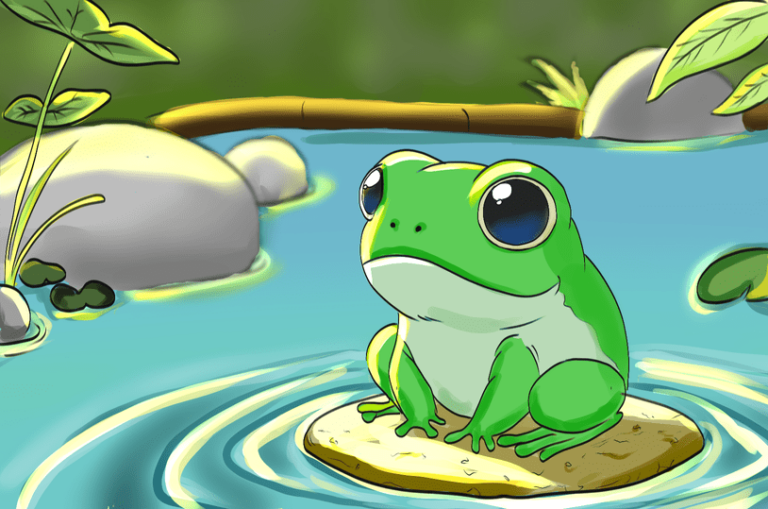
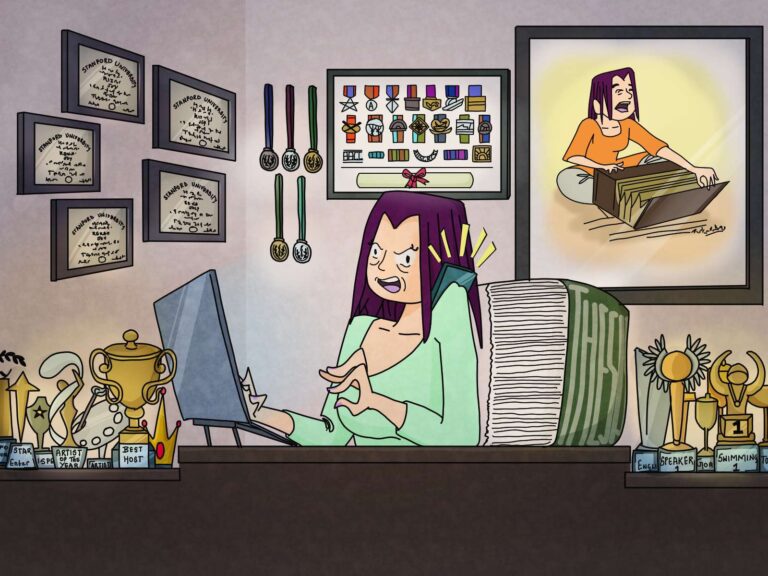
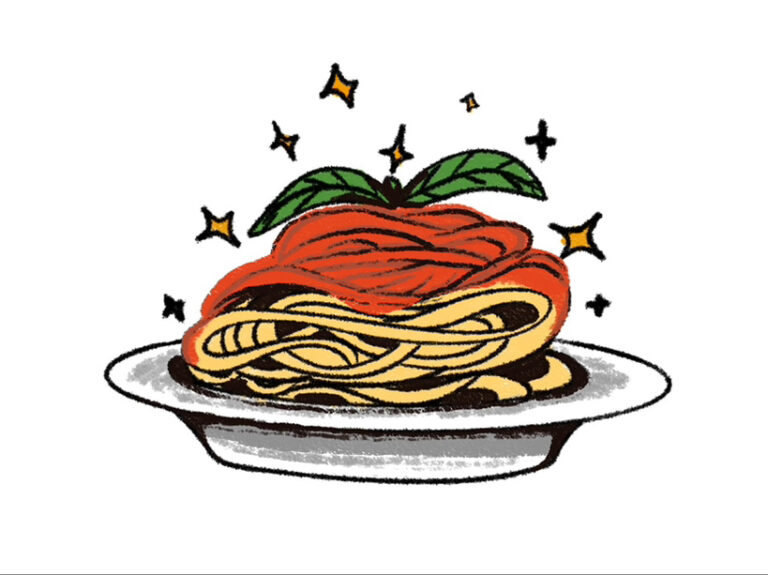
Readers' Reviews (3 replies)